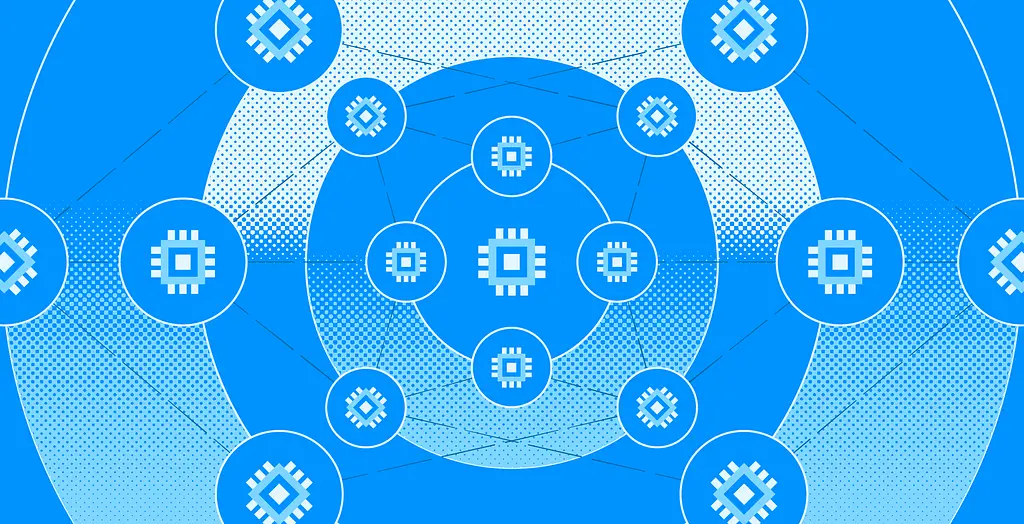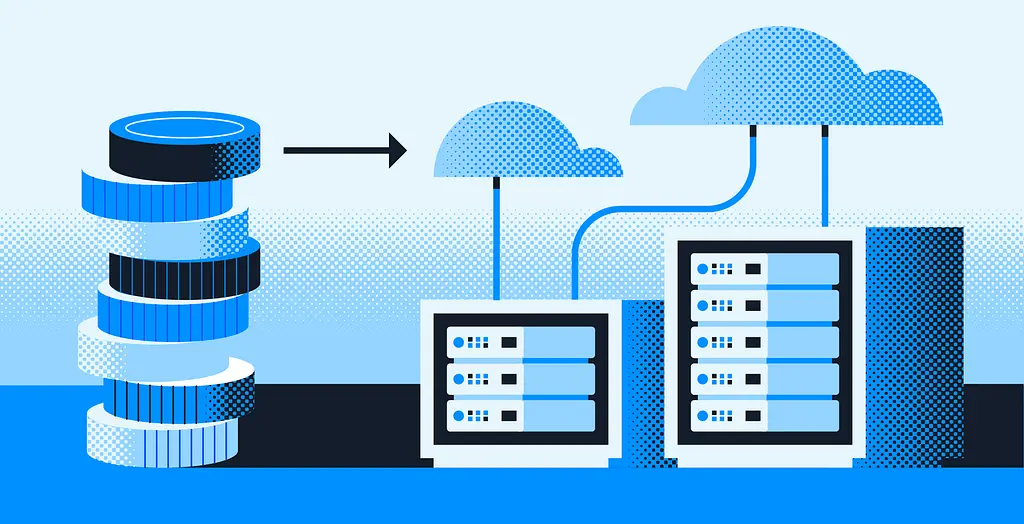The Filecoin TL;DR team was thrilled to be back in Singapore for Asia’s much-awaited blockchain week from Sept 11–15 2023. The week-long series of gatherings was spread across major Web3 events including the FIL Dev Summit and Token2049.
In this blog post, we’ll share our key takeaways from the week. This blog is organized into the following sections:
Takeaways from FIL Dev Summit
- Ideas for upgrading Filecoin
- Better Governance to meet Filecoin network’s growing needs
- Upgrading Filecoin Plus
Takeaways from Token2049
- Scalability is at the top of everyone’s mind
- RWA is powering DeFi
- AI needs decentralized storage
FIL Dev Summit: Top Three Takeaways
1. Ideas for upgrading Filecoin
FIL Dev Summit, inspired by the successes of IPFS þing, was organized as a three-day event for the community to come together and have impactful conversations that help push the Filecoin Masterplan forward.


Juan Benet, Founder and CEO of Protocol Labs, visualized what Filecoin’s success should look like using simple metrics such as the number of internet users, HTTP requests per day, and total data stored. His simulation provided a concrete list of protocol upgrades and design improvements the Filecoin network should strive for in the near future.
“The chain must scale. The good news is we’ve been working on it for many years now,” Juan said. He laid out some key ideas for upgrading Filecoin including the possibility of crafting new provider roles and developing cheaper and faster PoReps. You can read our TL;DR on the full list of ideas or watch the video below.
2. Better Governance to meet Filecoin network’s growing needs
The need to enhance governance processes and tooling has gathered momentum with the growing community. In an effort to bridge the gap between existing technical experts and new community stakeholders, the proposed changes by the Filecoin Foundation to the FIP (Filecoin Improvement Proposals) process were reviewed under the FIP0001v2 Initiative.
Several ideas emerged from these discussions which will likely be taken up at the Iceland track:
- Increase efforts to produce materials about Filecoin governance for Storage Providers
- Form an “author collective” to push an idea through draft and soft consensus
- Work to refine proposals for including ‘ecosystem stakeholders’ and other institutional network participants in governing decisions
3. Upgrading Filecoin Plus (Fil+)
“Fil+ has gaps and constraints, but it is fundamental to the network.”
— Juan Benet
Filecoin Plus (Fil+) is an incentive mechanism that encourages the onboarding of useful data onto the Filecoin network. The FIL Dev meetup was an opportunity to align the community with network subsidy structures and shape the future of Fil+ together.
Juan proposed three major ideas in his keynote address:
- Better abuse measurement
- Creating concrete disincentives like slashing to prevent abuse
- Experimenting with new Fil+ design mechanisms for DataCap allocation
Discussions covered topics ranging from Fil+ design collaborations to KYC implementation and even smart contract designs in the near future. The community proposed two major changes to DataCap Pathways: programmatic notaries and increasing automation.
Further read: Is Filecoin Plus essential for Filecoin?
Token2049 Singapore: Top 3 Takeaways
1. Scalability is at the top of everyone’s mind
The crypto winter has brought back the focus to building web-scale applications that can onboard the next generation of users. However, the key challenge to mainstream adoption remains Scalability.
Juan Benet highlighted three separate but interconnected solutions — the Filecoin Virtual Machine, Compute over Data, and Interplanetary Consensus (IPC) — that the Filecoin network is building to enable web-scale applications. IPC – the protocol and software stack for creating a tree of subnets – will directly enable chains to handle billions, if not trillions of transactions per second.
Likewise, several L1 and L2s showcased solutions that they believe will solve for scalability. Sandeep Nailwal, the co-founder of Polygon Labs, unveiled Polygon 2.0 to achieve infinite scalability (the ability to have unlimited websites, apps, software, and servers) similar to Web2 infrastructure.
VCs were hopeful that Web3 would achieve the scale desired shortly. Lasse Clausen, Founding Partner at 1kx, in a panel on Navigating the Web3 Venture Landscape, said, “Now for the first time (with account abstraction and Layer 3 solution) it makes sense for entrepreneurs to build consumer apps on cryptos. In the next few years, I expect many apps to be crypto-native.”
2. RWA powering DeFi
Within the DeFi ecosystem, interest has been growing in Asset Tokenization – which involves representing ownership of Real-World Assets (RWA) as digital tokens on the blockchain. There was hardly any conversation at the conference on DeFi without mentioning RWA. RWA protocols have done well in 2023 with tokenized treasuries gaining significant traction despite much of the DeFi activity remaining sideways.


The exploration of RWA is bridging traditional financial markets with DeFi while unlocking new possibilities. RWA protocols have brought with it new necessities for DeFi. Blockchain oracles, for example, have become an important cog in asset tokenization. They provide live data feeds (from real assets like gold and oil), which are used to price RWA-backed tokens on various platforms.
3. AI needs decentralized storage
As expected, several references were made at Token2049 on the role of crypto in an AI-driven era. Arthur Hayes likened AI to a new economic entity that could benefit from cryptocurrency serving as a means to facilitate transactions. He went a step further to explain why AI needed decentralized networks like Filecoin to provide computing power and data storage instead of centralized systems.
“Artificial Intelligence, a dominant force in the crypto and tech sectors, necessitates decentralized storage. Relying on centralized solutions like Amazon means entrusting vast swathes of data to entities that can unilaterally alter terms, hike prices, or even shut down services”
— Arthur Hayes, the co-founder of BitMEX.
The panelists in a parallel discussion on Web3 and AI had interesting takes on Peter Thiel’s famous quote from 2018 — “AI is Communist. Crypto is Libertarian.” While partially concurring with Peter’s foresight, Vassilis Tziokas from Microsoft elucidated that AI has evolved to be top-down while crypto’s ideal state is self-custody or self-autonomy.
Read more: Why AI needs Blockchain
Wrapping Up
The events were marked with strong attendance and a great deal of enthusiasm about the future. For the Filecoin ecosystem, the summit helped forge a stronger builders’ community and set the stage for important protocol upgrades to come. Overall, the blockchain week in Singapore augured well for Web3’s long-term growth and adoption.
If you missed Singapore and want to participate in shaping the Filecoin network, you can attend our future events: Iceland FIL Dev Summit (Sep 25–27), Fil Vegas (Oct 3–5), and LabWeek23 (Nov 13–17).
🇨🇳Filecoin新加坡之行回顾:Fil开发者峰会 & Token2049
Thank you to Takamasa Minami, Savan Chokkalingam, Pietrek Chan, and Isabella Bu for contributing. Shoutout to duckiehan, Vik Kalghatgi for shaping and reviewing this piece.



